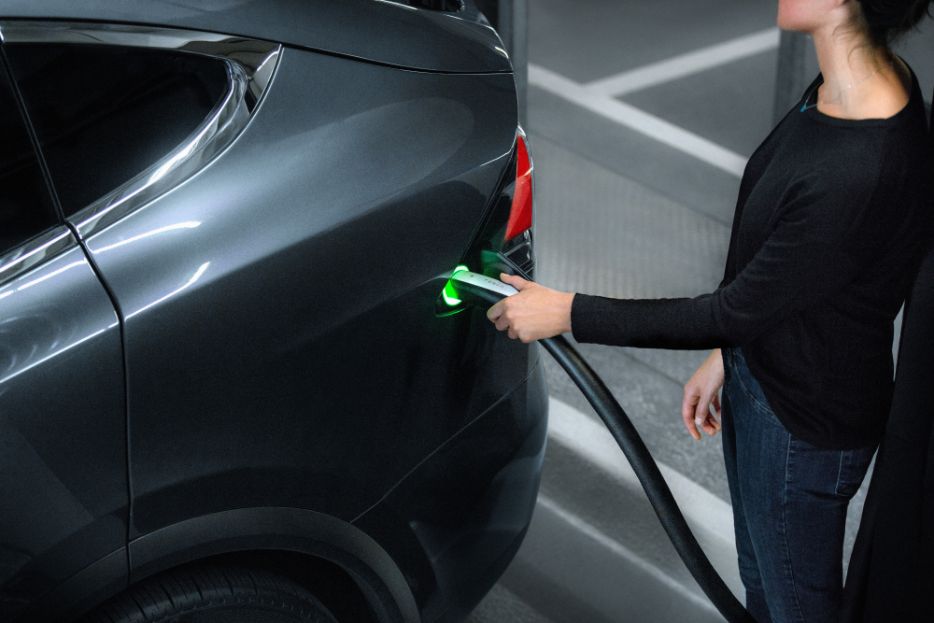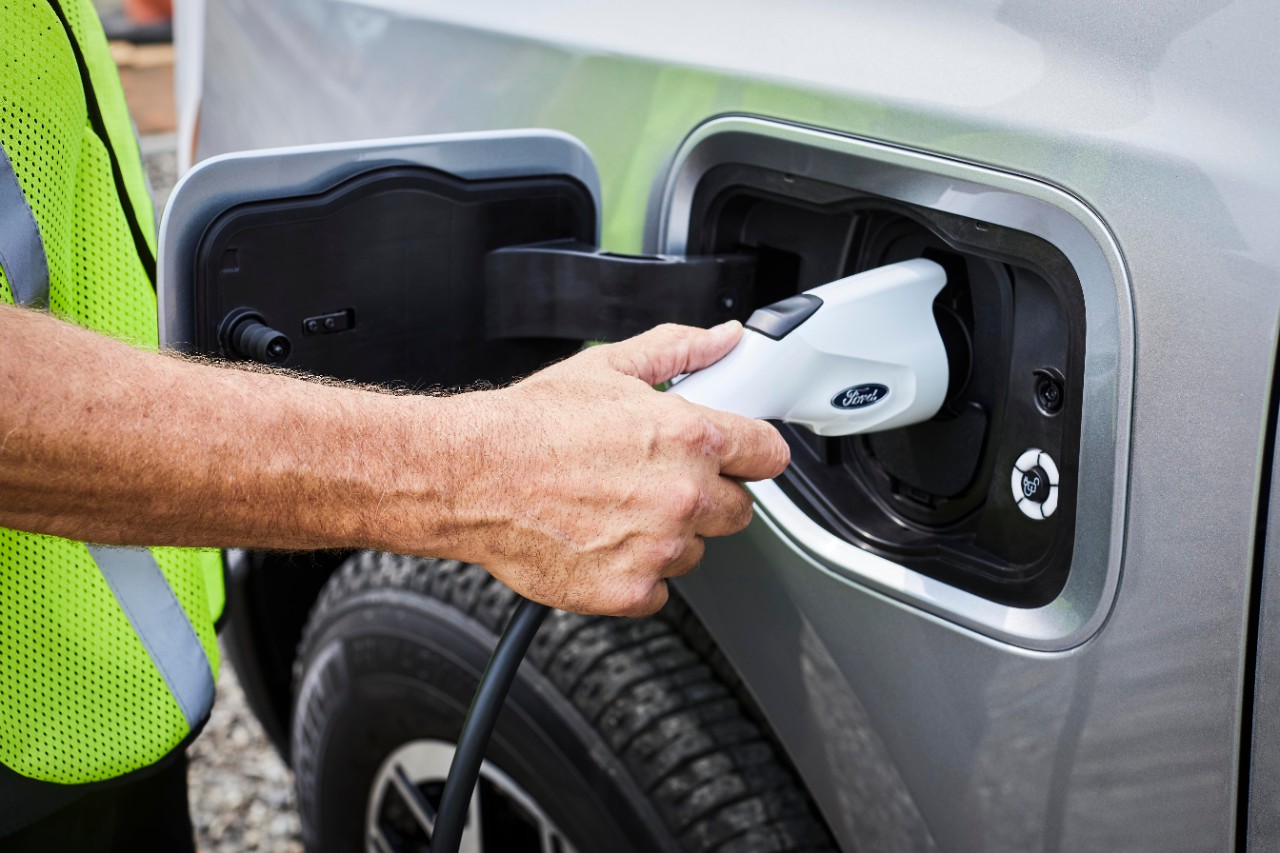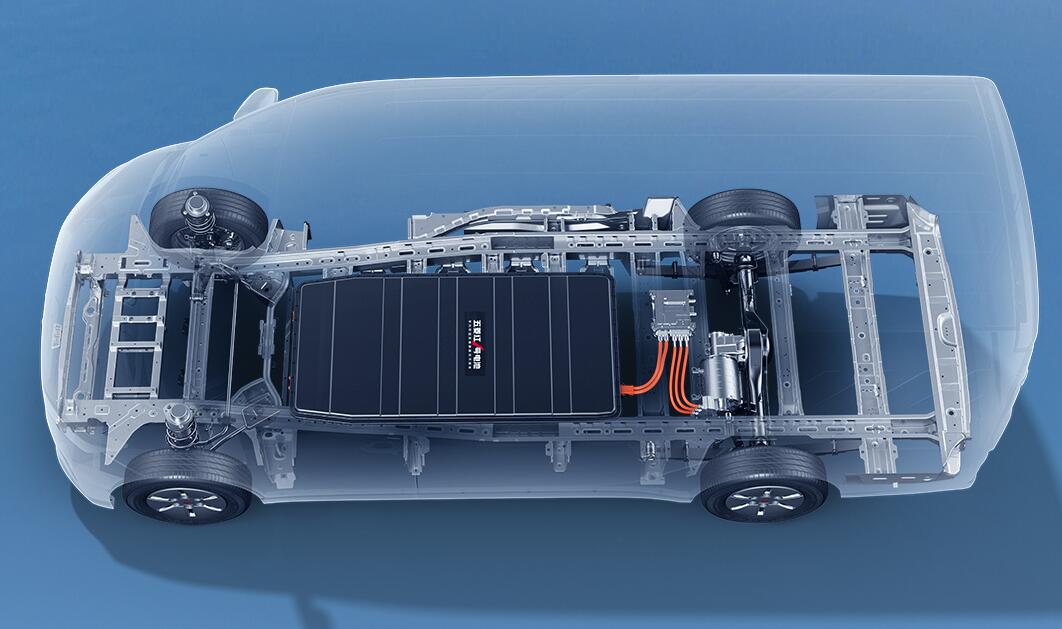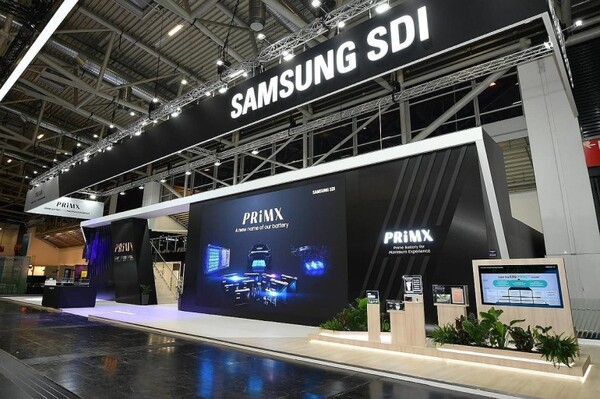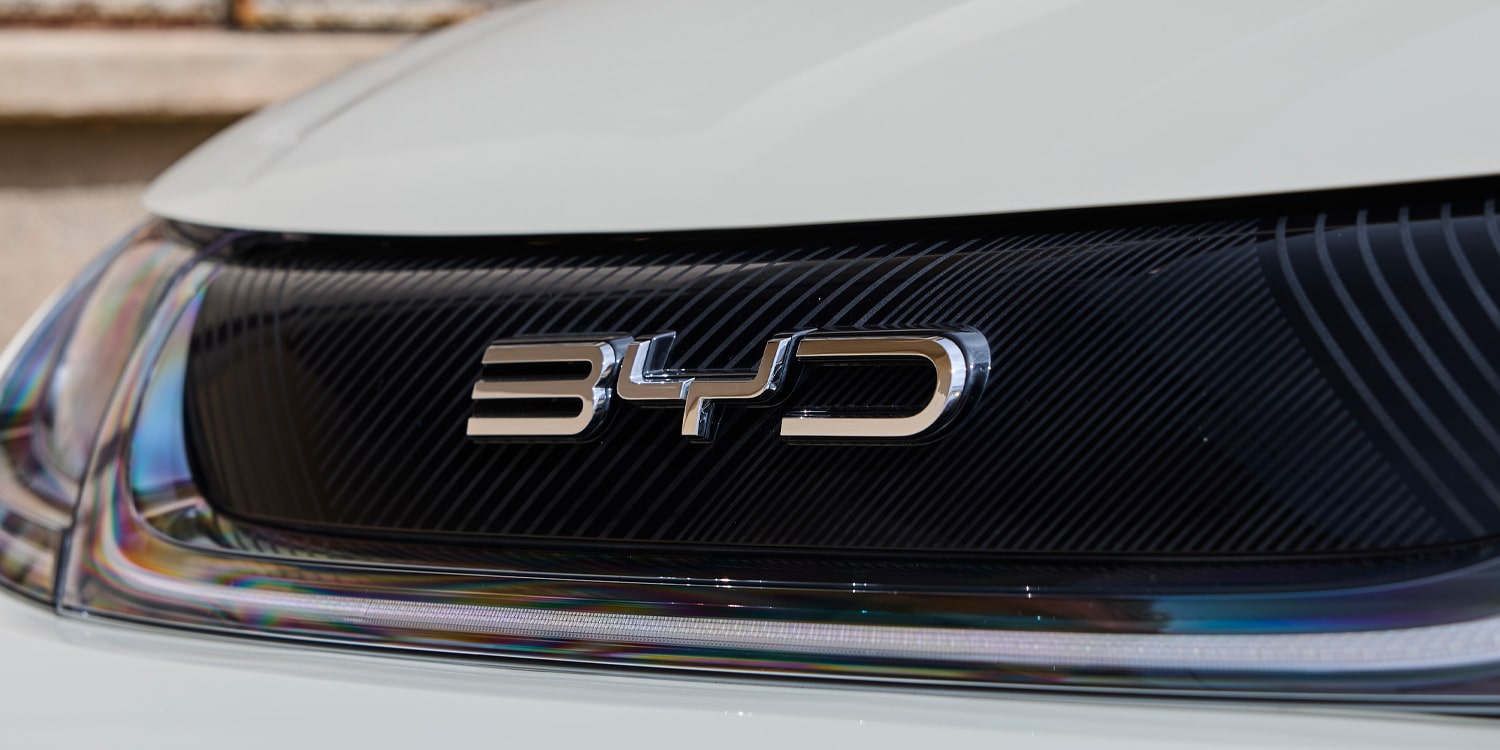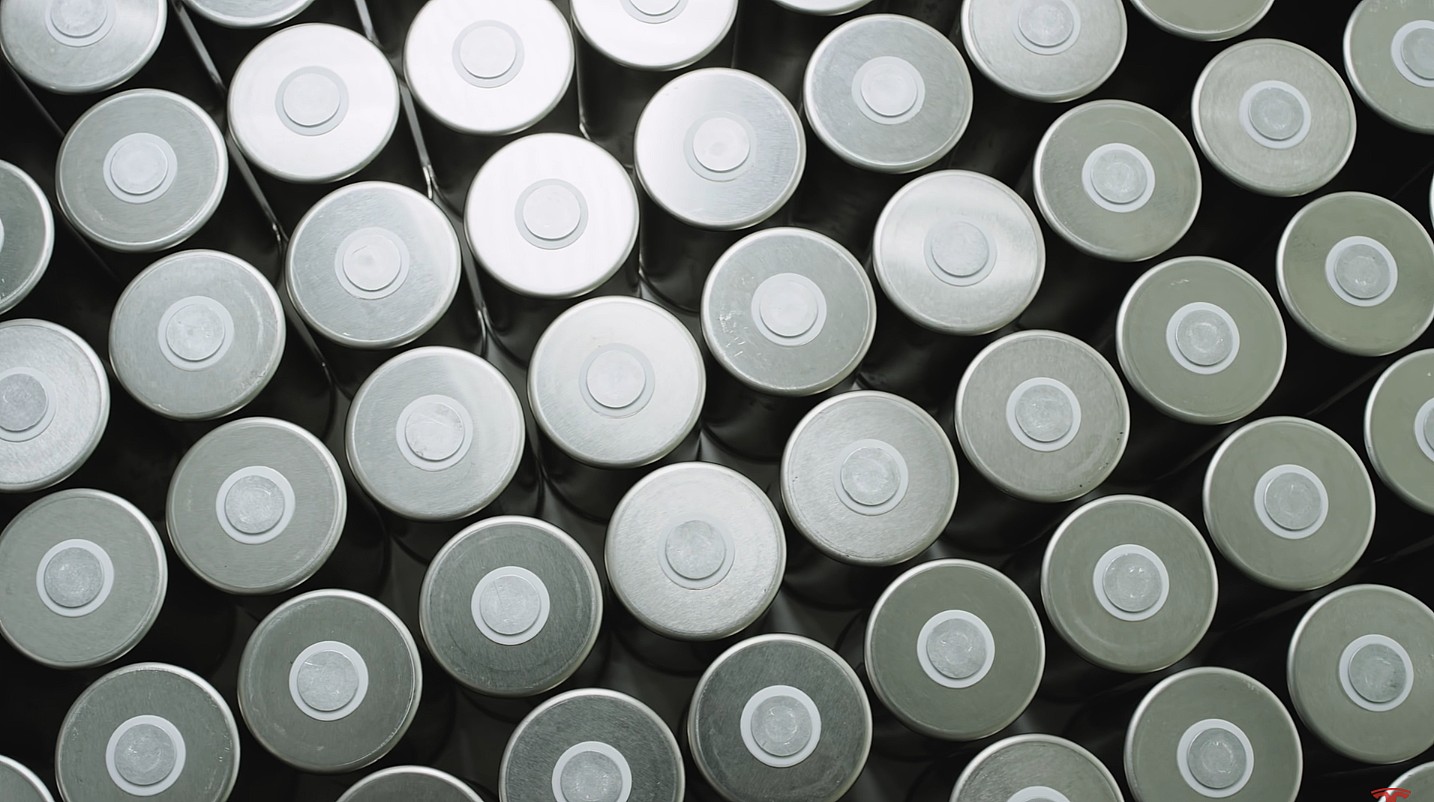Researchers at Harvard University’s John A. Paulson School of Engineering and Applied Sciences (SEAS) have introduced a novel solid-state lithium metal battery with the capability to recharge in a mere 10 minutes. The research, outlined in a publication in Nature Materials, outlines a pioneering method for developing solid-state batteries featuring a lithium metal anode.
Lithium metal anode batteries are hailed as a breakthrough in battery technology due to their remarkable tenfold increase in capacity compared to commercial graphite anodes, potentially revolutionizing the range of electric vehicles. Xin Li, Associate Professor of Materials Science at SEAS and the senior author of the paper, emphasized the importance of this research as a significant stride towards more practical and efficient solid-state batteries for widespread industrial and commercial use.
See also: BMW Partners with Solid Power to Develop Solid State Batteries for EVs
A notable challenge in solid-state battery design has been the formation of dendrites on the anode’s surface. Dendrites, metal projections that can extend into the electrolyte, pose a risk of short-circuiting or even igniting the battery. The formation of dendrites occurs during the charging process as lithium ions move from the cathode to the anode, attaching to the anode’s surface in a process called plating.
The researchers addressed this challenge by incorporating micron-sized silicon particles into the anode, preventing dendrite formation. This innovative design constrains the lithiation reaction, facilitating the homogeneous plating of a thick layer of lithium metal. The lithium ions attach to the surface of the silicon particle without penetrating further, akin to a hard chocolate shell enveloping a hazelnut core.
The recharge time of the battery is notably swift, approximately 10 minutes, owing to the quick plating and stripping processes enabled by the even surface. The researchers crafted a postage stamp-sized pouch cell version of the battery, demonstrating impressive longevity by retaining 80% of its capacity after 6,000 cycles, surpassing other pouch cell batteries currently available in the market.
The technology has been licensed to Adden Energy, a Harvard spinoff company co-founded by Xin Li and three Harvard alumni. Adden Energy has successfully scaled up the technology to produce a smartphone-sized pouch cell battery, marking a significant step forward in the practical application of this cutting-edge battery technology.

